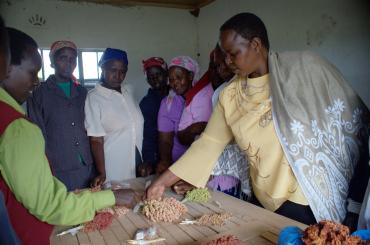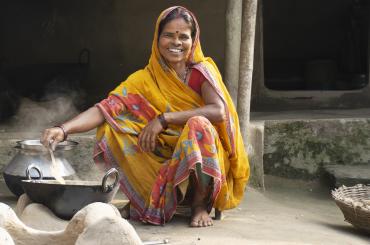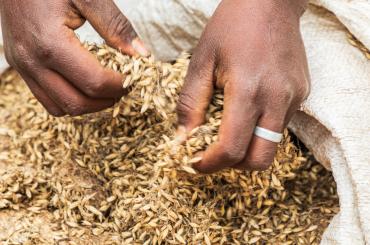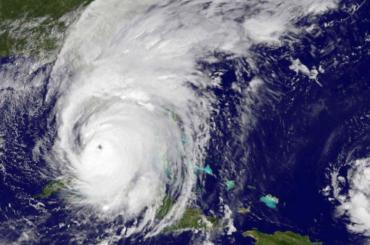
food security
-

Humanitarian aid and the costs of inaction
What will it take to improve global food security?
-

The dynamic effects of cash transfers: Evidence from Liberia and Malawi
Cash transfers improve food security for up to two years, but without an increase in food expenditures and non-agricultural income
-

The effects of food scarcity on trusting behaviour: Evidence from Tanzania
Food scarcity decreases trust among Tanzanian farmers, reducing the resilience of affected communities
-

In-kind transfers as insurance: Evidence from India
While academics and policymakers prefer unconditional cash transfer to the poor, they value in-kind transfers that protect against price fluctuations
-

Buy as you need: Nutrition and food storage imperfections in Burkina Faso
Creating village-level cooperatives to buy grain from outside sources and sell it locally reduced nutritional stress, especially among the young
-

Tackling food insecurity
We produce enough food to feed every single person alive, yet global food insecurity is rising. Arif Husain discusses why and the way forward.
-

Evidence to practice: Responding to crises
Arif Husain, Chief Economist at World Food Programme, on using the best and latest technology to gather evidence to respond to humanitarian crises.*